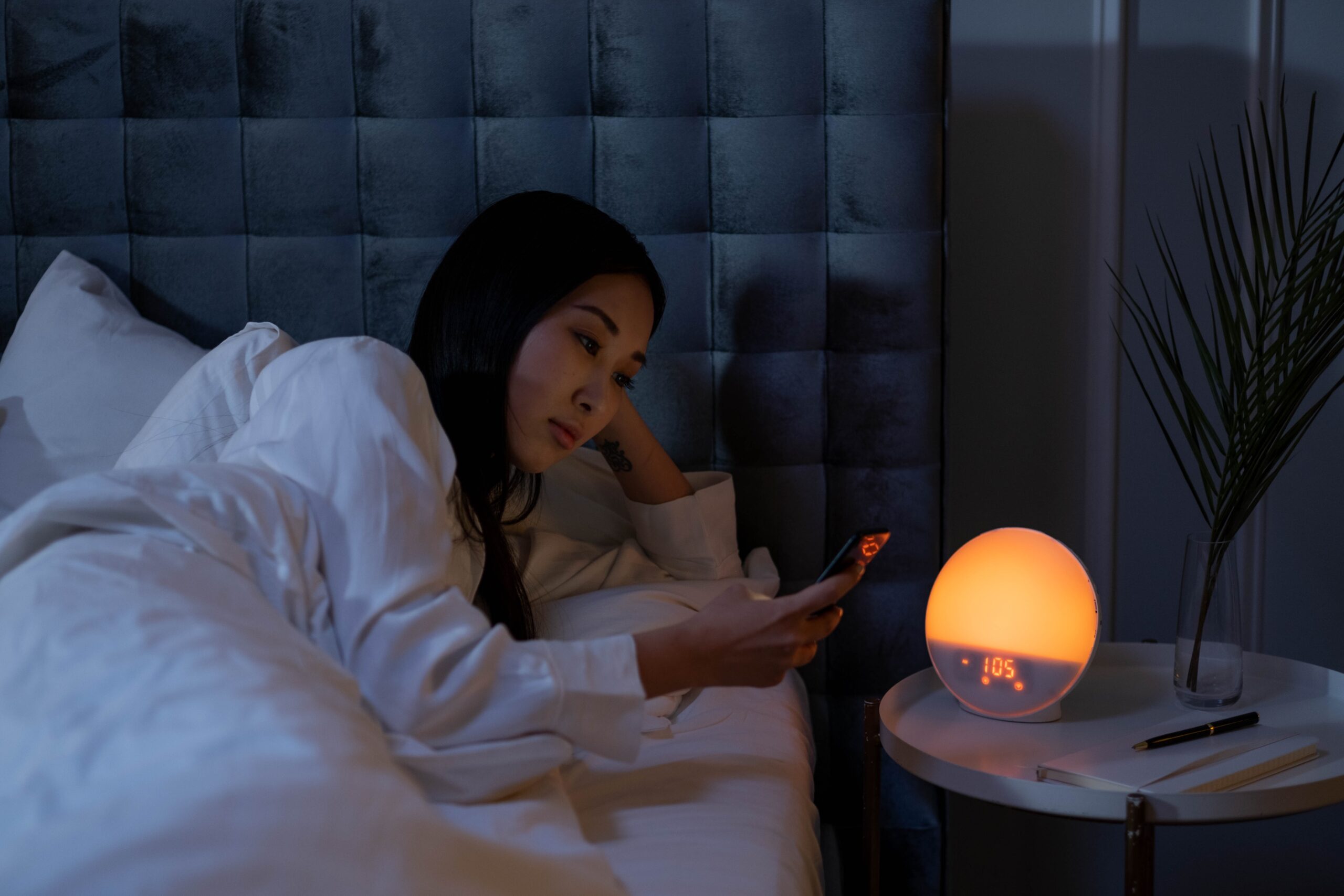Getting a good night’s sleep is essential for your physical and mental health. Unfortunately, many people struggle with falling asleep or staying asleep. Insomnia affects about 30% of adults, and chronic sleep deprivation can lead to a host of health problems, including obesity, diabetes, heart disease, and depression. Here are some tips based on expert advice on how to get to sleep.
Stick to a sleep schedule
The first step to getting a good night’s sleep is to establish a consistent sleep schedule. Going to bed and waking up at the same time every day can help regulate your body’s sleep-wake cycle. This is because our bodies have an internal clock that governs our sleep patterns, and by maintaining a consistent sleep schedule, we help our bodies learn when to sleep and when to wake up.
Create a bedtime routine
Having a bedtime routine can also help signal to your body that it’s time to sleep. Experts recommend winding down with relaxing activities such as reading, taking a warm bath, or doing some gentle stretching. Try to avoid stimulating activities such as using electronics, as the blue light they emit can interfere with sleep.
Create a comfortable sleep environment
Your sleep environment can also have a significant impact on your ability to sleep. Experts recommend creating a cool, quiet, and dark sleep environment. Invest in comfortable bedding, including a supportive mattress and pillows, and use blackout curtains or a sleep mask to block out light.
Avoid caffeine and alcohol
Caffeine and alcohol are two substances that can interfere with your sleep. Caffeine is a stimulant that can keep you awake, so it’s best to avoid it in the afternoon and evening. Alcohol, on the other hand, can make you feel drowsy initially, but it can lead to disrupted sleep later in the night.
Get regular exercise
Regular exercise can help you fall asleep faster and enjoy a deeper, more restful sleep. Exercise helps reduce stress, which is a common cause of insomnia. However, avoid exercising too close to bedtime, as it can make it more difficult to fall asleep.
Practice relaxation techniques
Relaxation techniques such as deep breathing, meditation, and yoga can help calm your mind and promote relaxation. These techniques can be especially helpful if you’re dealing with stress or anxiety, which can interfere with sleep.
Consider cognitive-behavioral therapy for insomnia (CBT-I)
CBT-I is a type of talk therapy that can help people with chronic insomnia. It’s based on the idea that changing negative thought patterns and behaviors related to sleep can help improve sleep quality. According to the National Sleep Foundation, CBT-I can be as effective as medication for treating insomnia.
In conclusion, getting enough sleep is essential for your overall health and well-being. By sticking to a sleep schedule, creating a bedtime routine, creating a comfortable sleep environment, avoiding caffeine and alcohol, getting regular exercise, practicing relaxation techniques, and considering CBT-I, you can improve your chances of getting a good night’s sleep. Remember, if you’re struggling with sleep, it’s always best to talk to your healthcare provider. They can help rule out any underlying medical conditions that may be affecting your sleep and provide additional guidance on how to improve your sleep habits.




